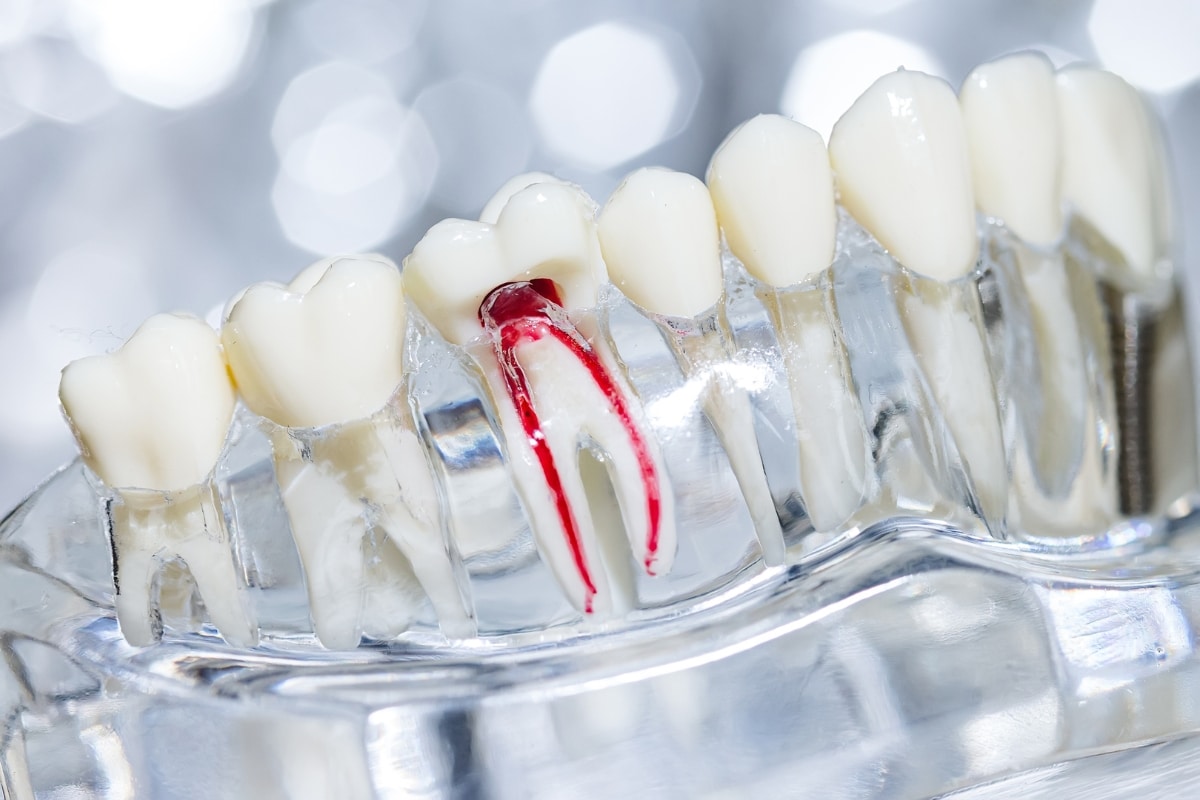
The Science Behind Dental Cleanings: How They Improve Oral Health
“Say cheese! A bright and healthy smile is something we all strive for, but did you know that regular dental cleanings play a crucial role in achieving it? Behind every pearly white grin lies a science of oral hygiene that goes beyond just brushing and flossing. Join us as we dive into the fascinating world of dental cleanings and uncover how they improve your oral health from the inside out.”
What are Dental Cleanings?
Dental cleanings are an important part of oral health. They remove plaque and tartar from teeth and help to prevent gum disease. Gum disease is a leading cause of tooth loss in adults, so it’s important to keep your gums healthy.
Dental cleanings are usually done by a dental hygienist. The hygienist will use special instruments to remove plaque and tartar from your teeth. They will also floss your teeth and polish them. Some dental cleanings may also include a fluoride treatment, which can help to prevent cavities.
Most people need to have a dental cleaning every six months. If you have gum disease, you may need to have more frequent cleanings. Your dentist can tell you how often you should have a cleaning based on your individual needs.
What is the Science Behind Dental Cleanings?
Dental cleanings remove plaque and tartar (mineralized dental deposits) from the teeth. Plaque is a sticky film of bacteria that forms on the teeth. Tartar is plaque that has hardened onto the teeth. Dental cleanings are important because they remove plaque and tartar that can lead to tooth decay and gum disease.
Tooth decay is caused by the bacteria in plaque-producing acids that eat away at the tooth enamel. If tooth decay is not treated, it can lead to cavities (holes in the teeth). Gum disease is an infection of the gums that can damage the tissues and bone supporting the teeth. If gum disease is not treated, it can lead to tooth loss.
Dental cleanings help prevent tooth decay and gum disease by removing plaque and tartar from the teeth. Plaque and tartar build up on the teeth over time. They can only be removed with professional dental cleanings. Dental cleanings are important for maintaining good oral health.
Benefits of Regular Dental Cleanings
Most people are aware that regular dental cleanings are important for maintaining good oral health. However, many people may not be aware of all the benefits that regular dental cleanings can provide. Here are just a few of the benefits of regular dental cleanings:
- Improved oral health – Regular dental cleanings can help to remove plaque and tartar from your teeth, which can help to improve your overall oral health.
- Fresher breath – If you have bad breath, it could be due to bacteria build-up on your teeth. Regular dental cleanings can help to remove this bacteria and leave you with fresher breath.
- Whiter teeth – Over time, teeth can become stained from food and drink. Regular dental cleanings can help to remove these stains and leave you with brighter, whiter teeth.
- Prevention of gum disease – Gum disease is a serious condition that can lead to tooth loss. Regular dental cleanings can help to remove the plaque and tartar that cause gum disease, helping to keep your gums healthy.
- Early detection of oral health problems – Dental professionals can spot early signs of oral health problems during routine cleaning. This means that problems can be treated early on before they become more serious
Possible Risks Involved in Skipping Out on Dental Cleanings
There are a few possible risks involved in skipping out on dental cleanings. One is that tartar and plaque can build up on teeth, which can lead to gum disease. Gum disease is an infection of the gums that can cause tooth loss, so it’s important to keep your gums healthy. Another risk is that cavities can form if plaque isn’t removed from teeth. Cavities are permanent damage to the tooth enamel and can lead to pain, infection, and tooth loss. Finally, skipping dental cleanings can also lead to bad breath because of the buildup of plaque and tartar on the teeth.
Tips for Maintaining Good Oral Health
It’s no secret that maintaining good oral hygiene is important for your overall health. Not only does it help prevent cavities and gum disease, but it can also improve your breath and give you a boost of confidence. While many people think that brushing and flossing are all they need to do to maintain good oral health, there’s actually a lot more to it than that. Here are some tips for keeping your mouth healthy and clean:
- Brush twice a day: You should be brushing your teeth at least twice a day, preferably in the morning and at night. Be sure to use fluoride toothpaste and brush for two minutes each time.
- Floss daily: Flossing is just as important as brushing, if not more so. It helps remove plaque and bacteria from areas that your toothbrush can’t reach. Be sure to floss once a day, ideally before bedtime so that your mouth is clean while you sleep.
- Eat healthy foods: What you eat has a direct impact on your oral health. Eating plenty of fruits, vegetables, and whole grains helps keep your teeth and gums healthy, while sugary and acidic foods can damage them.
- Avoid tobacco products: Tobacco products are one of the worst things you can do for your oral health. They increase your risk of gum disease, tooth decay, and cancer. If you smoke or use tobacco products, quitting is the
Conclusion
Proper dental cleanings are an essential part of maintaining optimal oral health. Not only do they remove plaque and tartar build-up, but they can also help to prevent the development of gum disease and other serious dental issues. By regularly visiting your dentist for professional teeth cleanings, you can ensure that your mouth remains in tip-top shape now and into the future. So don’t forget to book those appointments!
FAQs
How often should I get a dental cleaning?
The American Dental Association (ADA) recommends that patients visit the dentist every six months for a routine cleaning and checkup. However, some patients may need to be seen more frequently depending on their oral health status.
Why are dental cleanings important?
Dental cleanings are important because they remove the plaque and tartar that can lead to tooth decay and gum disease. They also help to prevent bad breath by removing the bacteria that cause it. In addition, regular dental cleanings can help to identify any potential problems early so that they can be treated before they become more serious.
How often should I get a dental cleaning?
The American Dental Association (ADA) recommends that adults and children visit the dentist at least once every six months for a professional cleaning and checkup. However, your dentist may recommend more frequent visits depending on your oral health status.




